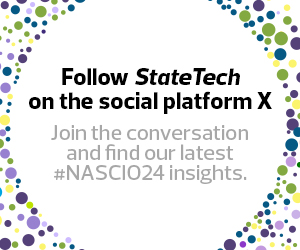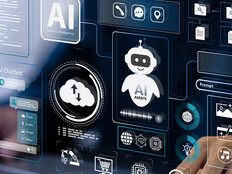Participants Should Carefully Weigh Privacy Considerations
AI transcriptions of government meetings become public records. “We are already in litigation over our Teams chat” and the internal records of chat transcripts, Ruckle said.
It is also common in meetings for people to make small talk about health problems, children, holidays and other personal matters, Le said. GenAI can capture these conversations as a matter of public record and thus expose personal information when those records become available to everyone.
Government agencies should give consideration to classification and retention of AI-produced public records as well as the overuse of confidentiality claims, Le said. Ruckle cautioned that Washington state does not automatically recognize private sector claims of confidentiality on records submitted to government agencies.
For example, Washington state agencies face penalties of $100 per page per day for public records not produced under official requests, Ruckle said.
“Just because something says confidential and proprietary doesn’t necessarily mean that it is for us, and we are not going to assume that risk. Agencies will err on the side of releasing records,” she said. Companies can obtain court injunctions to stop the release of records requested for public release, however.
Privacy is also a concern for HR professionals, who must withhold certain personal information about state employees. This information could be held in applications, medical reports, location-based tracking data, workplace investigations, casual conversations and other records. Officials must take care to protect this information, Le and Ruckle said.
“Physical, technological and administrative controls ensure private data is accessible only to authorized personnel,” Le said.
“Be very deliberate about how you use GenAI,” she added.
Click the banner below to follow StateTech on X, formerly known as Twitter.













